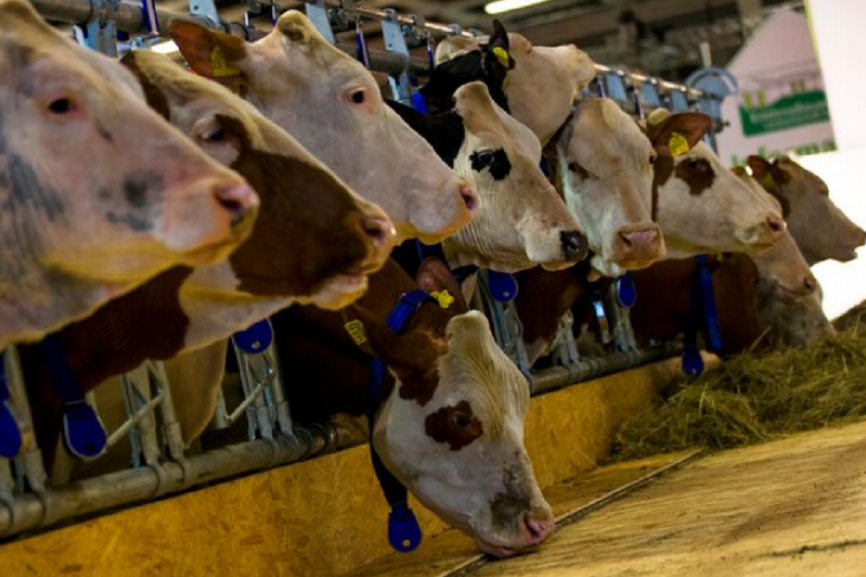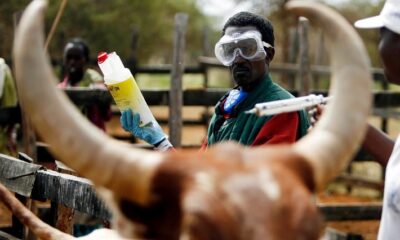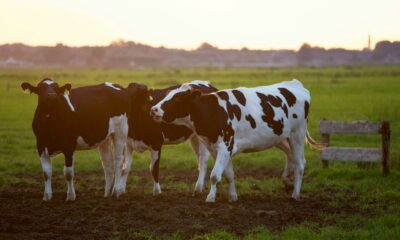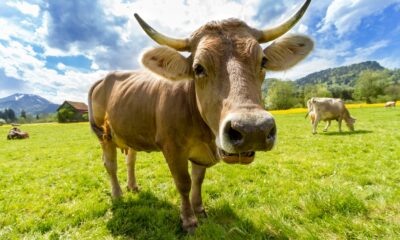Business
Farmers Sound Alarm as Foot and Mouth Fears Resurface in South Africa

Farmers Fear Another Foot and Mouth Flare-Up – But Government Plays Down Alarm
South African farmers are on edge again. Whispers of new foot and mouth disease (FMD) infections are spreading faster than official statements, and many in the livestock industry say they’re tired of being left in the dark.
Government Shrugs Off Talk of a New Outbreak
Agriculture Minister John Steenhuisen has dismissed claims of a fresh outbreak, saying the situation is under control at facilities where positive cases were detected.
He confirmed that a few animals recently tested positive but insisted the response is contained.
“We are vaccinating at that feedlot … the vaccination and quarantine before slaughter will prevent further spread,” Steenhuisen said, referring to Karan Beef’s facility in Heidelberg, where a pilot mass vaccination programme is underway.
This comes after the original outbreak in KwaZulu-Natal earlier in the year, which quietly crept into other provinces and eventually reached major commercial operations like Karan Beef.
Industry Experts Say “This Never Really Went Away”
According to Agricultural Business Chamber chief economist Wandile Sihlobo, the current infections are not a brand-new outbreakbut a continuation of the same one that began months ago.
Red Meat Industry Services CEO Dewald Olivier has acknowledged at least three fresh incidents and says the organisation will issue a formal update soon.
Behind the scenes, farmers are asking the same questions: If it’s not under control, why is the messaging so vague?
Calls Grow to Take the Fight Out of Government Hands
Frustration with the state’s handling of animal health isn’t new, but it’s getting louder.
Southern African Agri Initiative (SAAI) chairperson Theo de Jager says the industry cannot rely on the government alone anymore.
His proposal? Hand key responsibilities over to the private sector.
“Take it out of a dysfunctional department, out of politics and fight it with the best available expertise and technology,” he said.
He says testing and vaccination costs are opaque, communication is weak, and farmers are left navigating rumours instead of facts. One persistent allegation doing the rounds is that South Africa is paying up to 250% more for vaccines imported from Botswana.
Vaccine Effectiveness Under Fire
The Botswana-manufactured vaccine is another sticking point.
De Jager claims the product being used is outdated, weak in concentration and showing reduced effectivenesspointing to reinfection at Heidelberg as proof.
That has sparked outrage among producers, who are now asking why South Africa still relies on foreign vaccine manufacturers when the country has Onderstepoort Biological Products, a state-run facility with the capacity to produce vaccines locally.
The bigger question some are now asking: Is someone benefitting financially from the current procurement model?
Farmers Want Clarity, Not Complacency
Social media threads and WhatsApp farming groups are buzzing with speculation. Many warn that if the disease spreads further, exports will suffer, auctions may be suspended again, and the knock-on effect could hit beef prices, job security, and rural economies.
What’s missing is reliable, real-time communication, and a clear plan beyond the “pilot” vaccination efforts.
For now, officials insist there’s no new outbreak. Farmers aren’t so sure.
And until someone closes the information gap, the rumours will keep spreading faster than the disease itself.
{Source: The Citizen}
Follow Joburg ETC on Facebook, Twitter , TikTok and Instagram
For more News in Johannesburg, visit joburgetc.com



























